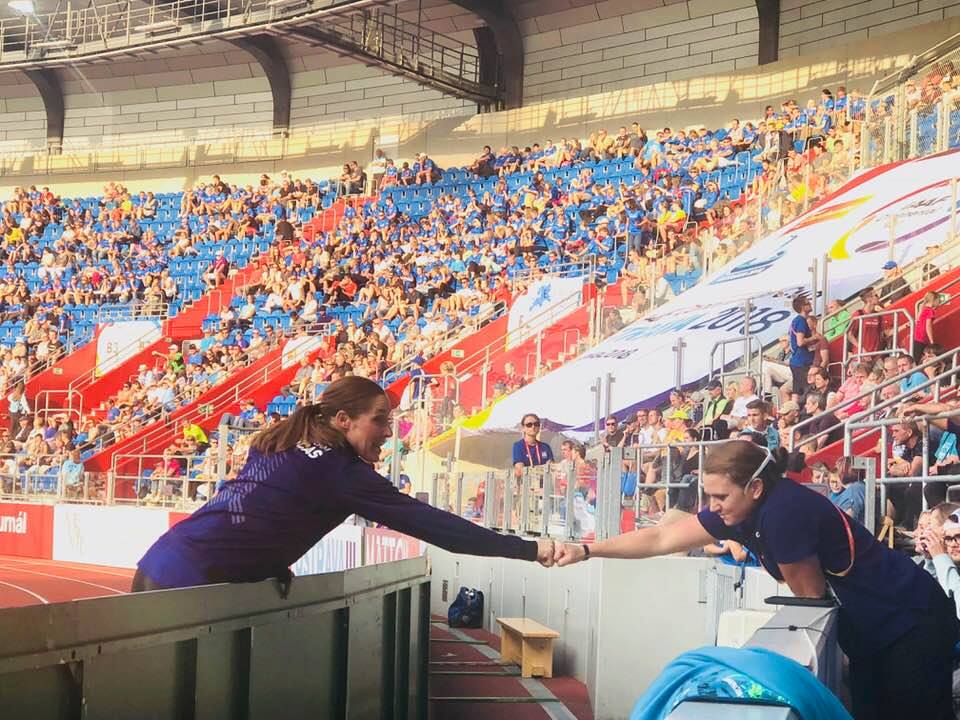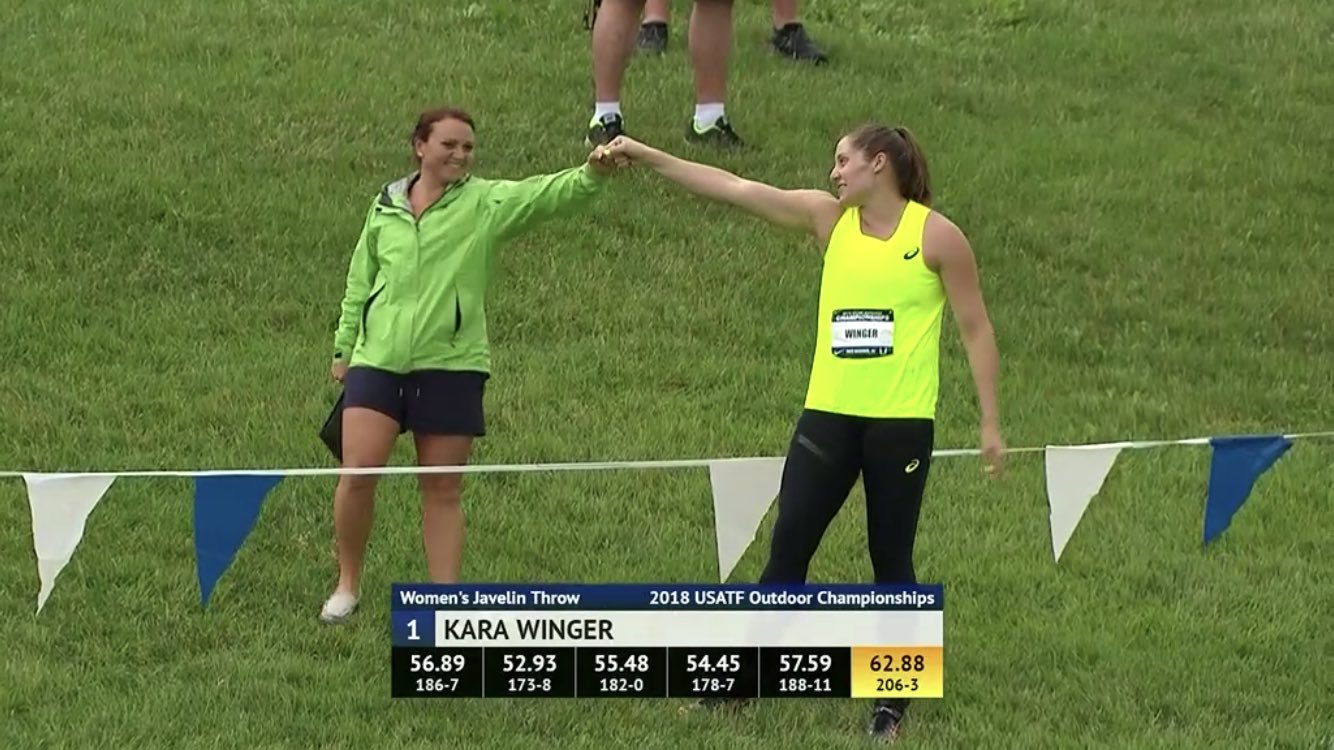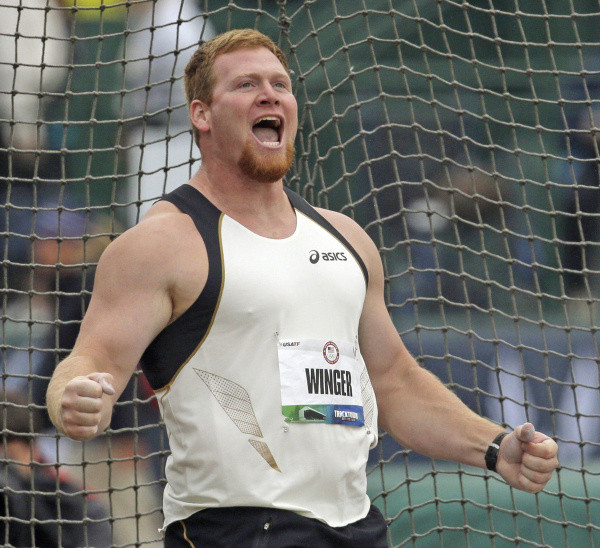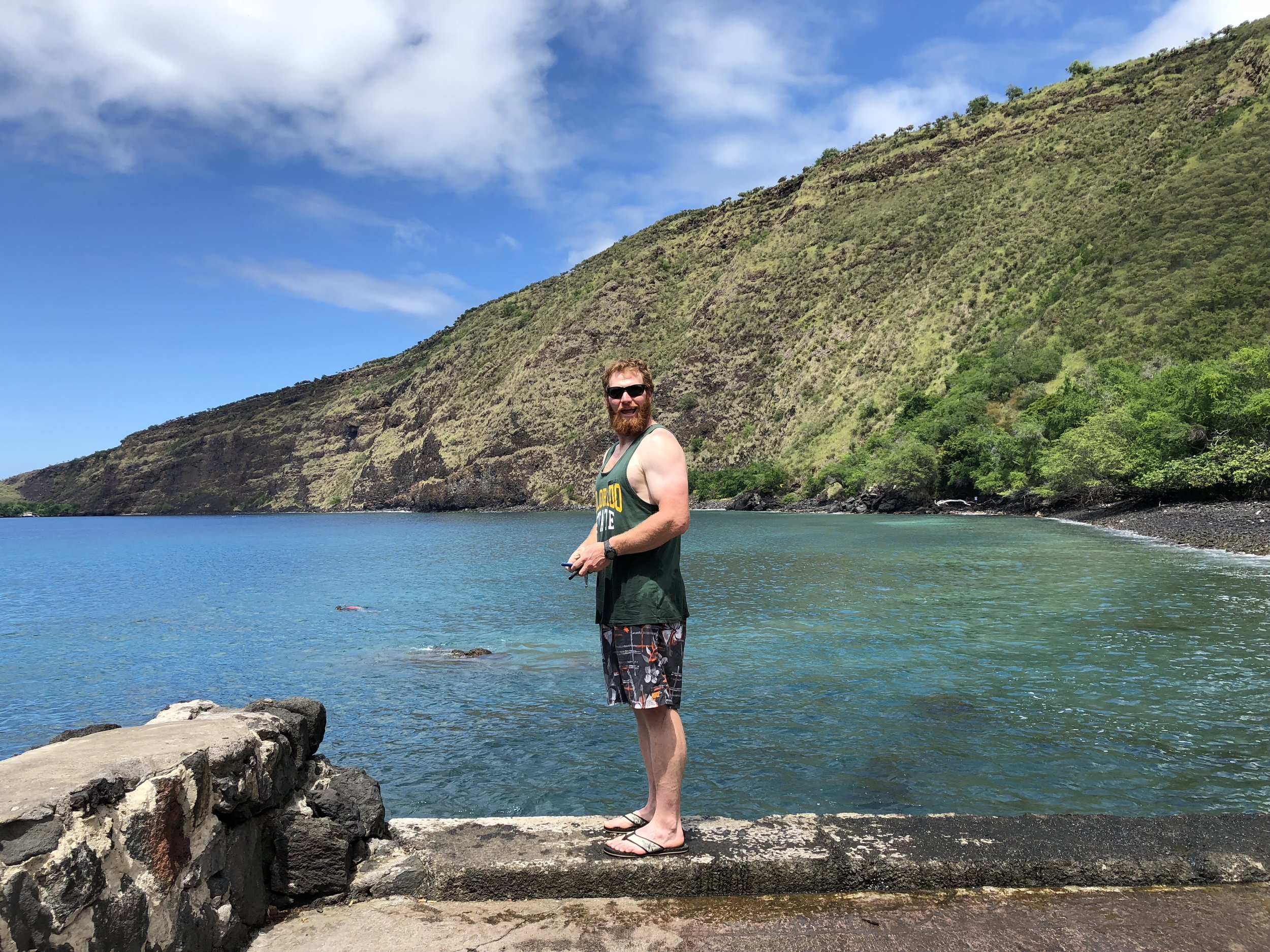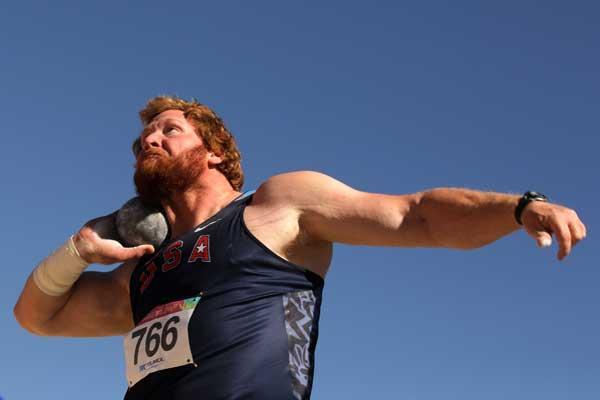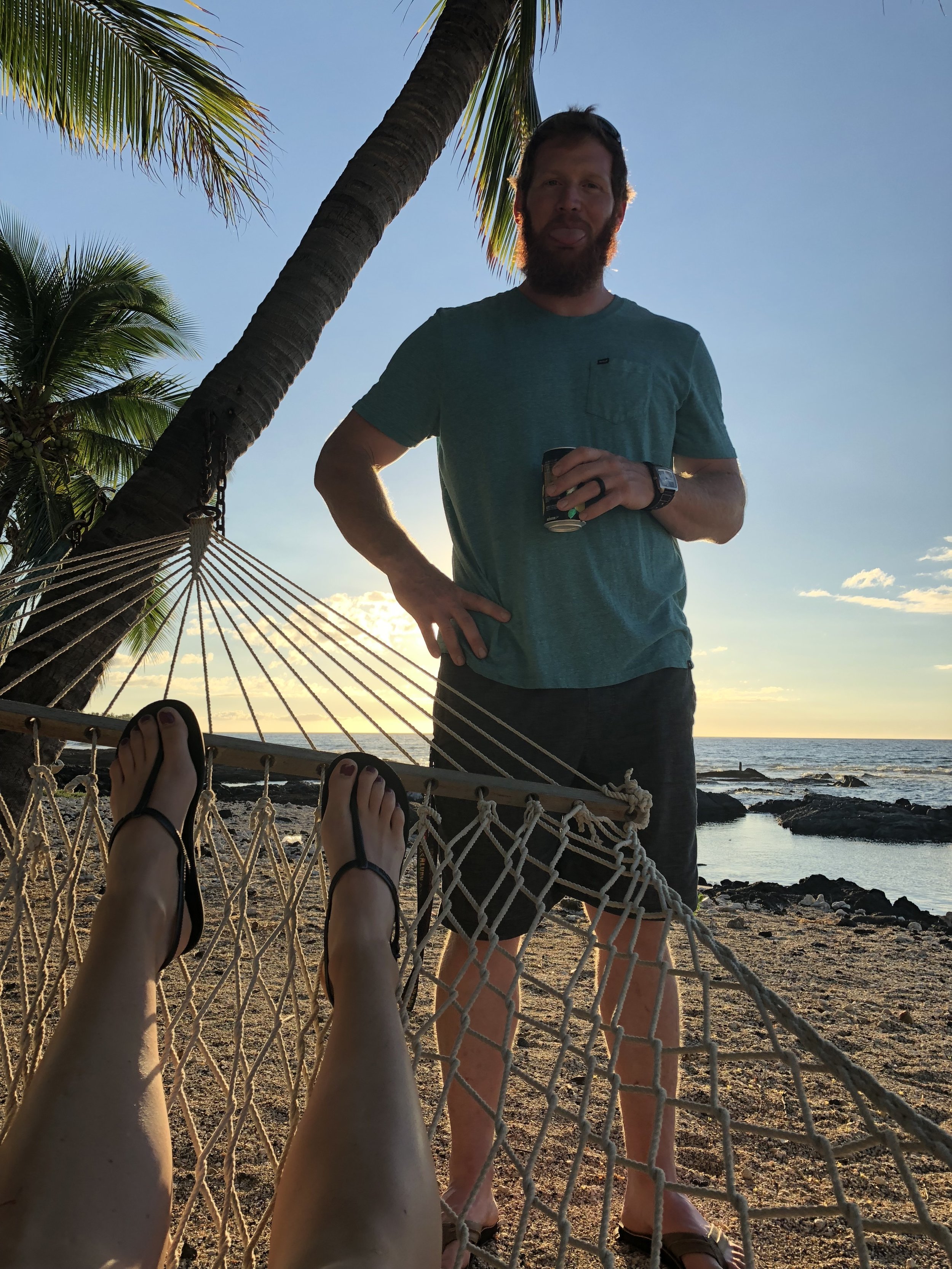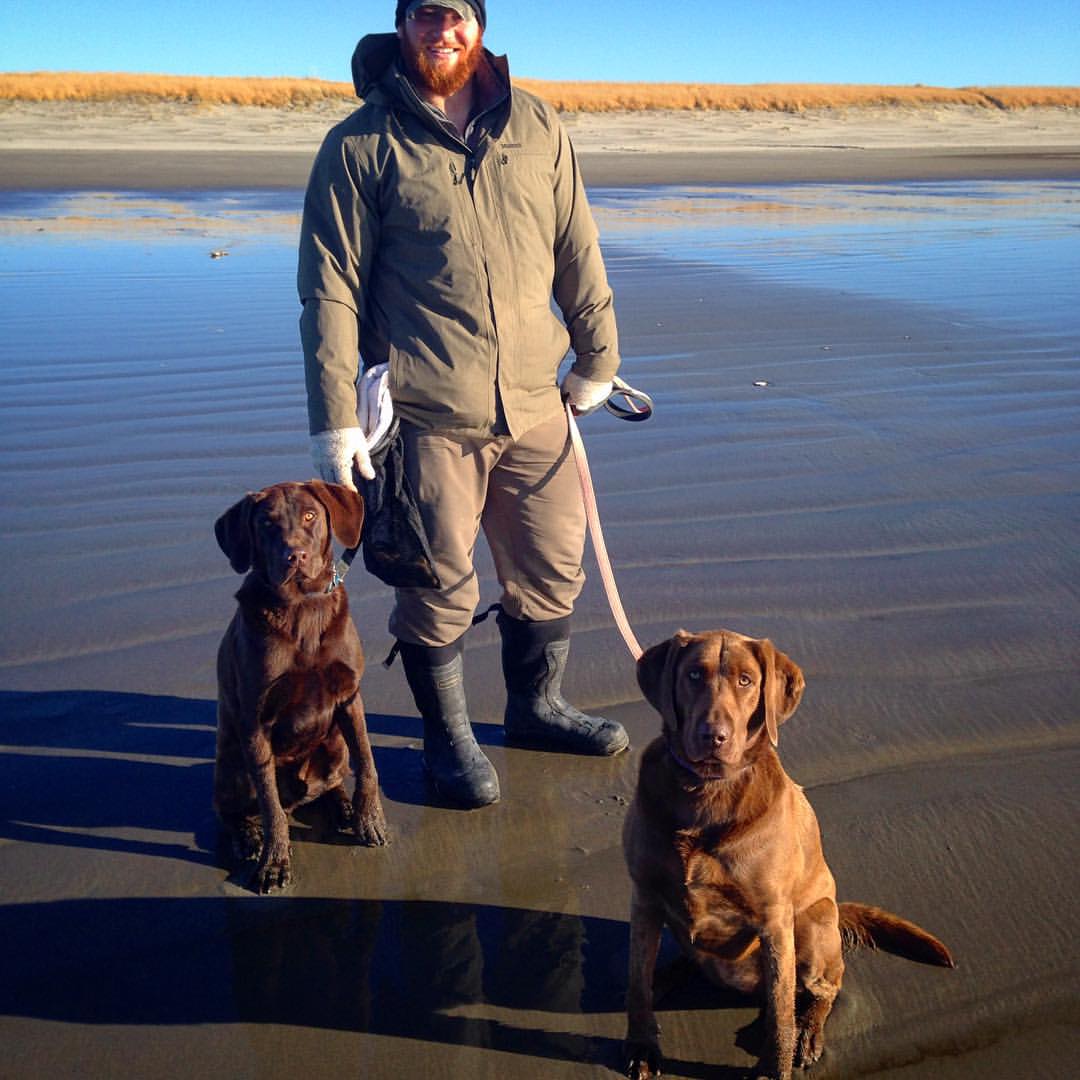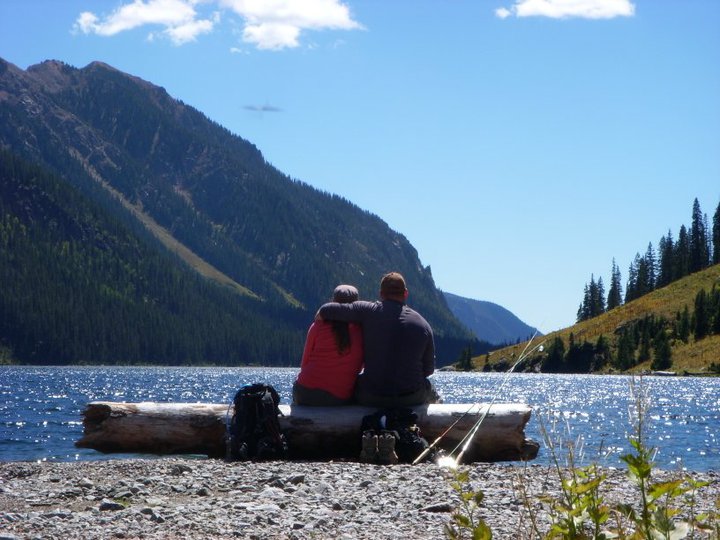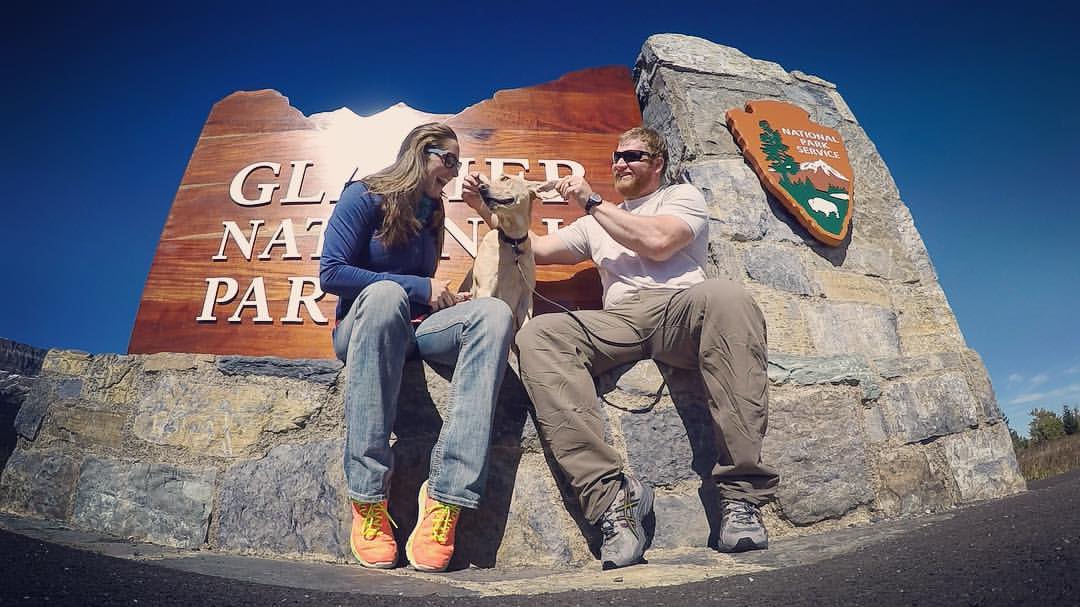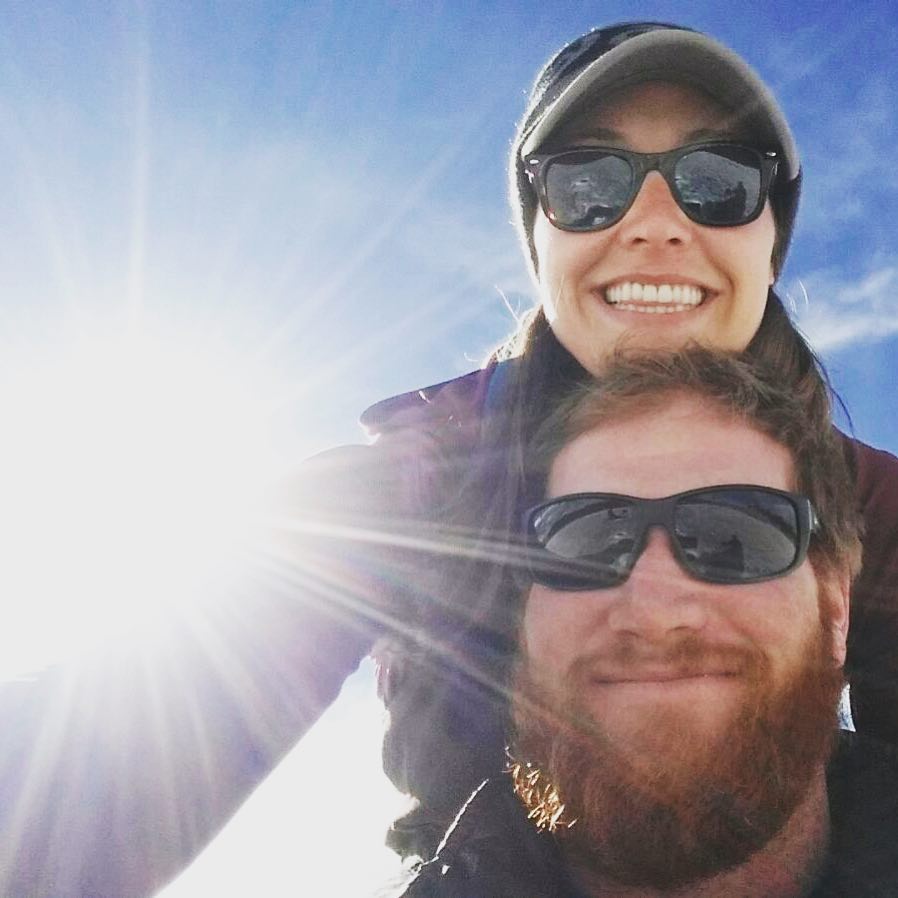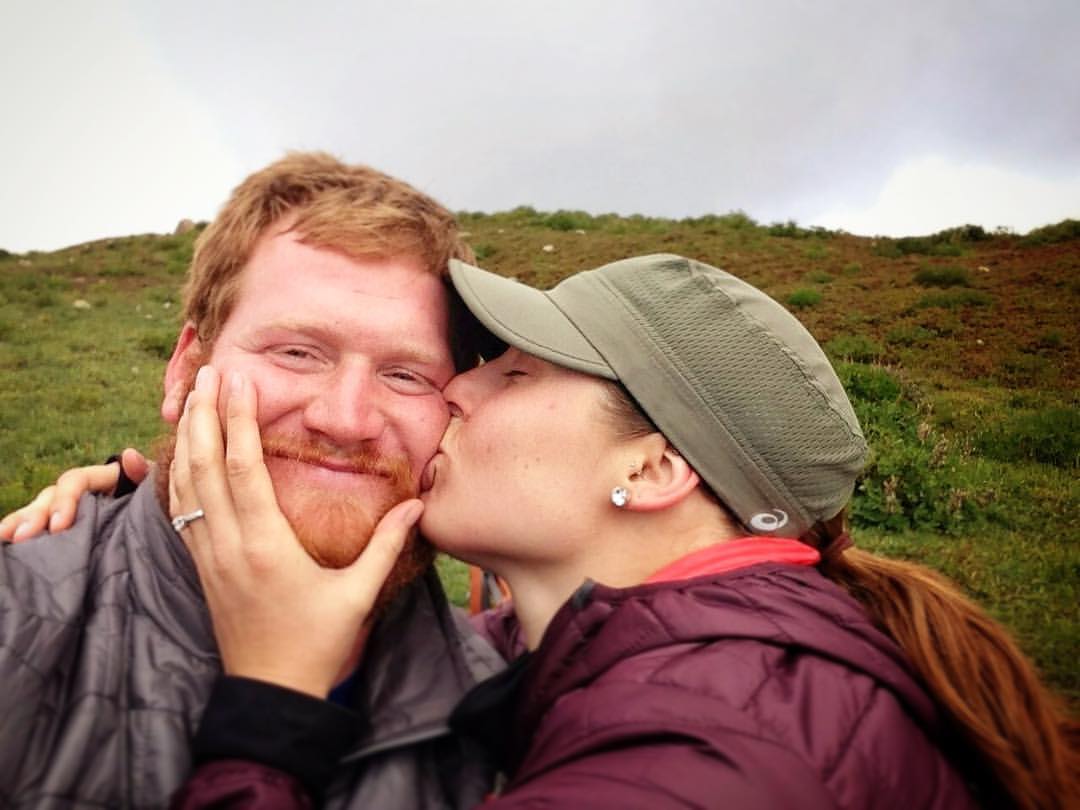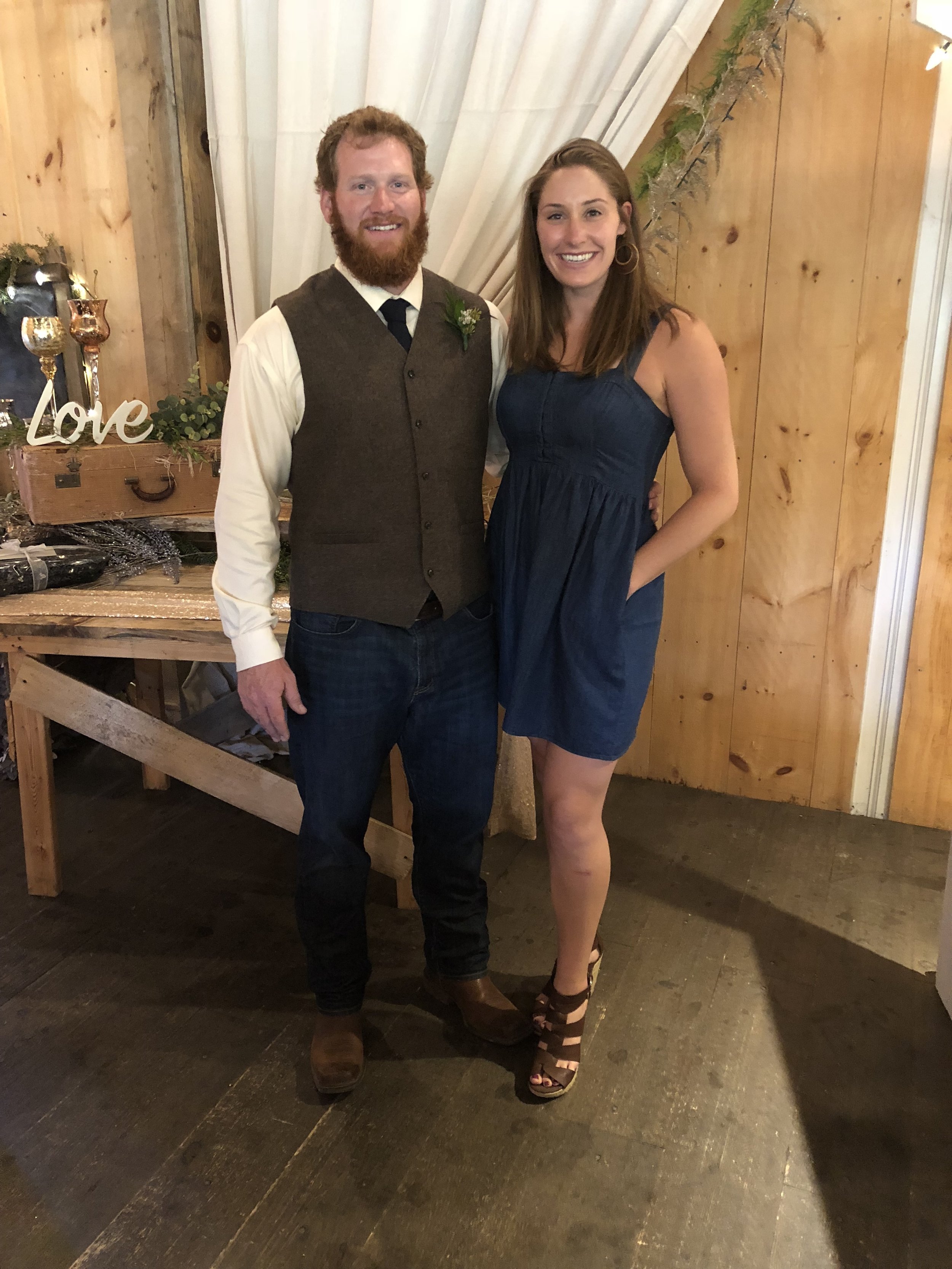I was going to approach this from an “as you move through life, your needs as an athlete change” standpoint, but as I outlined and freewrote and thought about it, there are just a few really important things to take care of on either side of the coach/athlete interaction. It’s a dynamic that can be just fantastic, but it also has the potential to be stressful if the two parties are not on the same page.
I’ve been really lucky to have mostly excellent coaches throughout my entire athletic career, across all sports that I’ve played, at all ages. There have been a few that taught me what to avoid though, and in some instances I really wish that I’d learned those lessons before I had to do it the hard way. A really good follow-up to this blog is going to be one on how to have difficult conversations, I think!
Mr. Steve Hook, my basketball coach all four years of high school (JV and then we both got promoted to Varsity). His daughter was a senior my freshman year, and watching him treat everyone fairly even with his daughter on the team was a really cool lesson in professionalism. Mr. Hook was the first coach who I felt like really noticed my hard work, and encouraged it in a way that just fed my drive to get better.
Mr. Ron Wargo, my high school swimming coach of four years and AP English teacher senior year. A motivating, tough coach who pushed us exactly right and made us laugh when we hurt a lot from his workouts. He was the special needs teacher at Skyview and therefore the team was really inclusive and so fun as a result. RIP to a great man.
As you move through your life as an athlete, you become more autonomous, right? When you’re a little kid, you’re just having fun and getting exposed to sport. In middle school, you might be acquiring more expertise and developing technique in your given favorite athletic ability. Once you hit high school, you’re changing a lot as a person and an athlete (ohhhh, gangly basketball days. I blame growth spurts for so many missed layups.), and dealing with a lot of external pressure you didn’t see coming. A coach is just trying to direct angst toward results, and do his or her best to guide you into a successful future. College continues to throw change at you, but suddenly you’re an “adult.” So now you get to provide a bit more feedback to your coach on your athletic journey, because maybe you’ve acquired some knowhow by now! But you’re still such a block of clay to be molded, so also fully commit to the program you’ve committed to and trust that coach. Then, if you continue on to post-collegiate athletics, you’re kind of the boss??? And learning how to navigate relationships you thought you understood when you’re not sure where the power lies gets even more weird. That’s when figuring out how to have difficult conversations is paramount.
So, as you read this short list, think about where you’re at in your athletic journey. Should you feel like you are the boss yet? Be honest with yourself. Do you have more to learn? Are you patient enough (with yourself and your coach and the process you’re going through together)?
These are things that both of you need to do:
1. Believe in your abilities (as an athlete).
Seems obvious. Why would you be working together at all if either one of you had doubts that you could succeed? But if both of you aren’t all-in in your beliefs that you can accomplish goals, one of you is wasting the others’ time. There will be moments in practices when you doubt yourself for a minute, and your coach can say, “Come on, I know you can do this!” And other moments when your coach might say, “Okay, we’re done for the day, we’ll try again tomorrow,” but you know you’re on the verge of finally nailing that one position, so you want one more attempt, and it’s glorious. Without that consistent hunger to improve from both of you, you’ll have a hard time being your best.
I put the second part of this point in parentheses because I think it’s important to trust a whole person, be it athlete or coach. The best coaches I’ve ever had showed me that they were also fantastic people in one way or another and expected the same from me. Of course you can make mistakes as a human! But being held to a high standard doesn’t apply to just athletics. When I drank underage with some teammates at Purdue and got caught, Coach Zuyderwyk didn’t yell or berate me, but the disappointment was so, so palpable, and it crushed me. When you know you’re representing a good person, being a good person is the only choice you have! And that should go both ways.
Jamie Myers has told me for years that he will be thrilled to be my strength coach for as long as I am a javelin thrower, regardless of my training situation. In 2017, when it became apparent that I needed a new technical coach and to shake things up a bit, it was so fun to talk to Jamie about our plans for my future: Even though we hadn’t discussed it yet, we had the same ideas about how to move forward together with new challenges for each of us! Each of our excitement about those challenges told me that we both believed in not just me, but us as a team.
Jamie! In Sacramento in 2017. We had only worked together for 8 years at that point, ha!
If you have questions about your coach’s or your athlete’s belief in what you’re doing together, ask. It’s harder having question marks floating around in your mind than knowing for sure, believe me. Which brings us to…
2. Communicate.
So cliché. But so important.
Talk about your goals. If you as a coach/athlete team aren’t aware of what the other person is trying to get out of you, you’ll probably be frustrated. A formal exchanging of thoughts on how you think your progress is going can happen as often as you need it to, but I try to keep that kind of unloading to a weekly thing (or even less) rather than letting serious overarching analysis creep into every day of my life (that’s a heavy burden and, IMO, impossible). Daily reports are for how sore you are, what you’re thinking about technique, how you slept, and things like that. And jokes and lightheartedness.
Be open about your concerns if you have them. As a coach, maybe you’re worried about a recurring injury your athlete has had and you can work on a new approach to it together. As an athlete, perhaps you’ve always struggled with a certain technical aspect of your sport that you need help with: A good coach will search for ways to help you, even if that specific thing isn’t in his or her wheelhouse. Learn together.
Another part of the communication puzzle is timeliness. If you’re expecting to hear from your coach before a certain week (maybe you work together long-distance and are receiving your programs via email, for example) and that doesn’t happen, you’re left scrambling. That doesn’t inspire confidence. If your coach is home while you’re traveling for competition and you don’t send results updates, sure coach can look them up, but what does that silence say about your ability to express what you might have learned with the person who likely cares the most? Be accountable by communicating in a timely manner.
Talk about your interaction if you need to:
When I asked Dana to be my technical coach in the fall of 2017, she was floored. She wasn’t sure for a few months if it would work, and I wanted it to be completely her decision to step on board. When she agreed, of course I was thrilled, but I also did my best to be really honest with myself about how I should approach this new dynamic of our close-to-fifteen-year friendship. I talked to my former sports psychologist about it, and she suggested I set goals for us as coach and athlete. I had never thought about such a thing before! So I brought my journaled goals for this new chapter of our friendship to Dana’s and my first coach/athlete dinner (we have them often), and we went through them together. I knew that I needed to check my ego completely if I was going to ask my friend to teach me all new technique, and I told her that. One of my goals for us was to have a blast, and while that was probably a given, the fact that we’ve been able to change so much of how I throw, travel together, and both believe 100% in where we’re going means that it’s SO FUN to succeed as a team. The key is that we talk about all that. Often.
3. Respect each other.
There are so many nuances to this.
Respect each other verbally.
Here again is foreshadowing for a blog on how to have hard conversations. If you both do believe wholeheartedly in what you’re doing, depending on your personalities and how they mesh, tempers may flare in times of frustration. You’re going to work together again tomorrow, so keep the yelling at each other to a minimum, please! It’s better to walk away and regroup later than to damage the future of your partnership with hurtful words.
The ability to be frustrated and either contain that (channel it into positive effort) or explain why in a rational manner is a life lesson; one that I think is perhaps the real MVP from throwing or any sport! Being in a competitive mindset, getting those rage hormones going, and then turning around and being respectful and articulate is actually super fun. Amping it up in practice sometimes is important, but if the wheels come off, that’s not your coach’s fault, and from the other side, your athlete is trying their best. No one wins the blame game. Same goes for disappointing performances. They happen and you work through them together.
Respect each other’s time.
Be on time for practice. Both of you. Be focused within that practice on the task at hand. Of course you can talk about other things, but you’re there for a reason, and focusing mostly on that reason will yield the best results. This one practice per day is not the only thing that is going on in either one of your lives, so do the work on time and efficiently, and go your separate ways happy with how much you got done.
Those magical practices when I’m done with my warm-up right when Dana arrives to watch me throw, the iHeartRadio station I chose is perfect for the day, we laugh during picking time and then every throw’s technique just builds on the last are just so, so satisfying. It’s easy to stay focused, too, because we both LOVE what’s happening and want to keep it going. It’s FUN to work hard and see results, and a good coach/athlete dynamic makes that kind of practice a natural and regular thing.
Respect each other’s intelligence.
This is more in reference to everybody leaving their egos at home than actual intelligence. The best coaches know exactly why they’re having you do certain things at different times of year, so if you have questions as an athlete about that process, asking them should be totally fine. In the same way, if you’re an athlete recovering from injury, let’s say, and are supposed to be doing x amount of rehabilitation per week but aren’t, getting defensive when a coach asks about your progress is 100% your fault. Understand that people are smarter than you give them credit for, and will be able to tell if you’re not doing your job. If you ARE doing your job, there is no reason to have an ego on either side of this process.
There’s also no reason to hide anything from your coach as an athlete: The only way you can get better is to give your coach all the information he or she needs to operate at full capacity. If you have limitations, express your concerns, and a great coach will be able to work around or help you address them.
There really is so much to say about coach and athlete interaction at every stage, and I’ve had a lot of experiences along the spectrum of negative to positive. I’m happy to answer more specific questions in the comments! These three things were just kind of the biggest that I could think of this week.
I do believe that many different kinds of people can work together effectively. I’ve had coaches with lots of different personality types and been successful in various ways with each one. Learning how each person communicates most effectively takes a bit of time, but I believe it’s possible to figure out most interpersonal interactions, and it’s another life lesson that comes from sport to be able to do so!
This is Paul Merca’s photo of me attempting to “coach” Russ at World Championships in 2015. Not everyone has the coaching, gift!! Hold on to the good ones.
Instagram questions:
“good coach that matches personality/training style vs great coach that might not”
As above, I see a lot of value in both. Obviously, if you’re enjoying the process with a coach you get along great with, you’re probably going to be excited to go to practice and get better as a result. On the other hand, being pushed out of your comfort zone personality-wise might result in learning a ton more. My advice here would be to ask yourself what you need to reach your goals. Do you need to just enjoy the process more in order to do the work? Option A. Do you have glaring holes in your training that a more advanced/knowledgeable/”great” coach might fill, but it will be uncomfortable? Prepare your mind to endure some discomfort and dive right into Option B. It’s a very personal thing.
My subsection to almost every question like this is to have something else in your life as well. My former coach and I didn’t not get along, but it was never truly comfortable, you know? But that never bothered me because a) he taught me a lot, b) we saw some success together and c) I had other things in my life that brought me a lot of joy. A coach won’t solve all of your problems, even if you get along great with them. Be happy in life in general, and that will bolster your training, promise.
“How important is it to have a good dynamic with your coach, specifically on the college level.”
Again, I’m a firm believer that many different kinds of people can work together successfully. Even if your coach/athlete dynamic isn’t great, that doesn’t mean that your coach isn’t a good coach or that you aren’t a good athlete! I do think a good coach/athlete dynamic in college is important, and I think there are a lot of ways to improve it, you just have to put in the effort. I was really grateful for mine, but a big part of that (and I was considering this even before I got your question) is also your teammates. I had fantastic teammates at Purdue who also adored Coach Zuyderwyk, and the confidence we all talked about having in him just grew as we all agreed. If maybe your team has taken on a more negative tone and that’s influencing your opinion of your coach, try being brave enough to put a stop to that downward spiral. Try something new that your coach suggests, be open to how it helps you, and then talk to your teammates about it. Change the tide and create positivity not only in your own life, but on your team.



